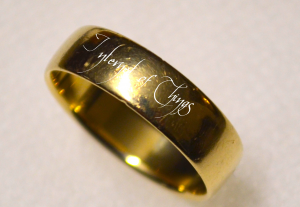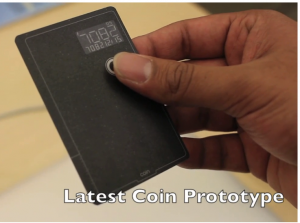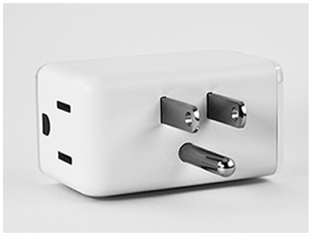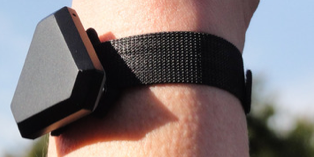
If the “Internet of Things” is going to live up to the hype, hardware developers will need to fully embrace the metaphor and all it implies. Let’s be honest, most projects these days are a variation on a theme: take a few sensors, add a 2.4 GHz radio, think up a snappy name, and claim to be “the world’s first <really specific application>.” However, despite the underlying similarities, each has its own custom app and interface, making it impossible to design a common “browser” that allows users to navigate from device to device.
If this landscape sounds more like cable TV than the Internet, that’s because it is. Providers are competing to herd users into their particular walled-garden.
Some day, a central authority will define a common standard like what the Bluetooth SIG has done with their heart rate profile (among many other examples) and things will improve. In the meantime, hardware developers continue making grand promises that assume they succeed in the winner-take-all competition for users.
As a backer, this is a HUGE leap of faith – even if the product ships, we may receive only a shadow of its potential usefulness, like buying a media player to find out it only plays HD-DVDs. And unlike retail, crowdfunding has no refunds and no returns.
Continue reading →











